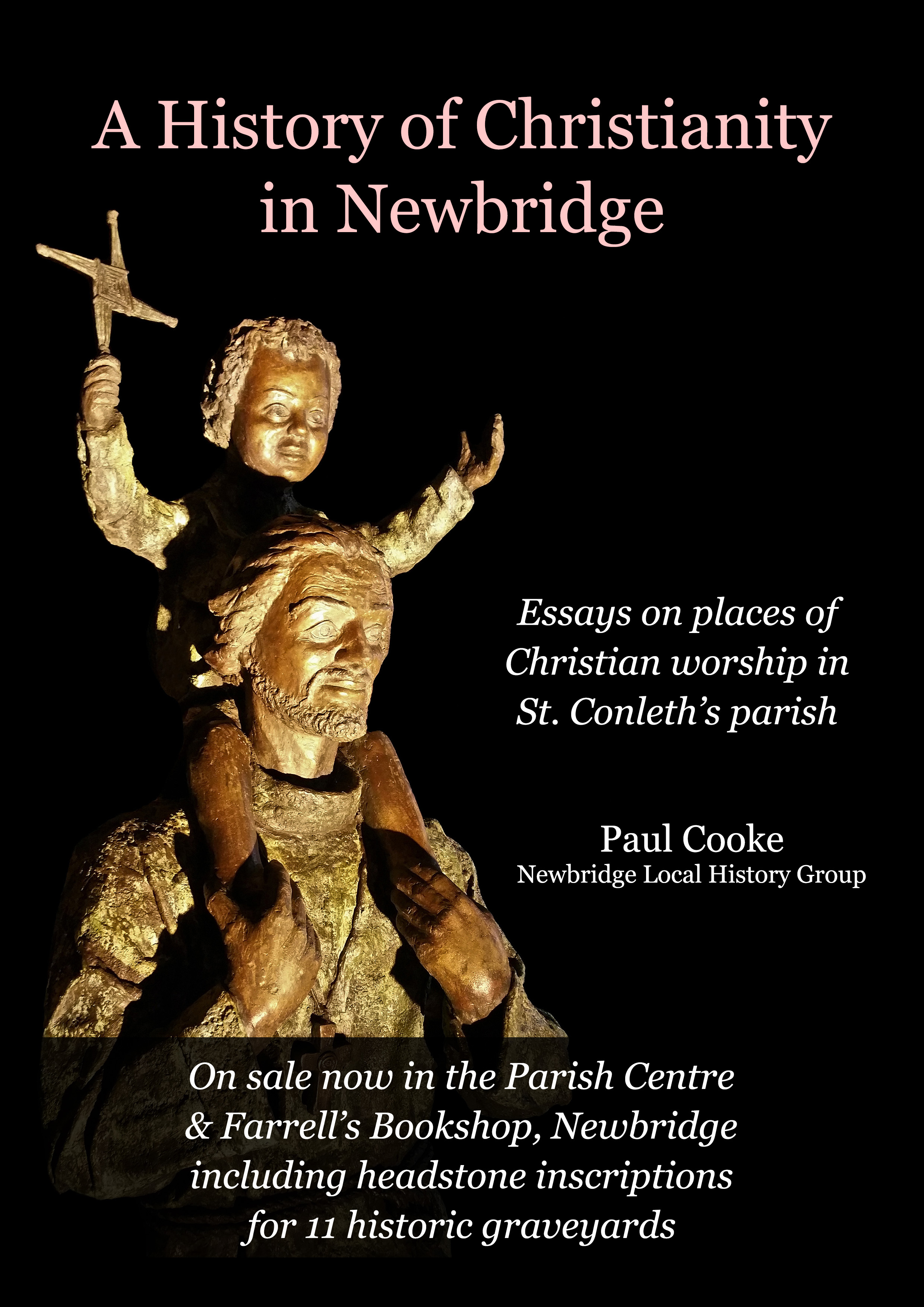Raphael Ryan Covid Archive
Day 1, Lockdown 1
If I didn’t get Covid on the day the government announced the first lockdown, Thursday 12th March 2020, I was never going to get it! We headed for Dunnes, along with so many others who had heard the announcement, to buy the essential supplies before the inevitable happened: that everything would close down and that it was only a matter of time before everything would run out. . Everyone was in a race to stock up before all the shortages we imagined took hold. The queues to the tills stretched down every aisle. There was no such thing as “social distancing” (it had yet to be invented ….and implemented, as were face masks). Everyone was “cheek by jowl”, and every trolley had the requisite rack of toilet paper. This was perceived the item of choice that was surely going to run out in the coming days and weeks. Unguarded trolleys ran the risk of being relieved of that precious commodity. Talk was hardly chit-chat, and the most charitable thing one was asked to do was to “keep an eye on my trolley while I grab something from the other aisle”. The whole experience resembled the week before Christmas without the good cheer and expectation. We were shopping in anticipation of some sort of Armageddon.
The first Covid-related death had been announced the previous day, a patient in Naas hospital, but everything else was just hear-say and speculation. Two days previously, Leo Varadker, caretaker Taoiseach until a government was finally established in June, had mentioned in his broadcast that the worst case scenario from this virus was that 80,000 of us could die, and that there would be no funerals for those who succumbed to the disease. Could that be true? The dramatic photos fromItalywith so many dying every day and lines of lorries taking coffins to the crematoria shocked us all. Watching the main news bulletins each day became compulsory, and that fed into our sense of paranoia. Our insatiable appetite for news heightened our fears as we watched the cases rise and the deaths increase.
Raphael Ryan, June 2021
Reading in a Pandemic
Lockdown, and the restricted access to shops and retail outlets, forced us all to be more resourceful. My regular supply of reading material, books of fiction and non-fiction, looked to be under threat. So I eyed my bookshelves (all those books you read once and hold on to for….for posterity…for the look…and the vanity….) and decided to work my way through some of the older volumes that had been lying there unread for decades. I started with some P.G. Wodehouse, copies my father had bought and read in the 1950s. Wodehouse’s world is peopled by characters like Jeeves, Bertie Wooster, PSmith, and features places likeBlandingsCastle,Brinkley Court, and Market Blandings. I have a habit of noting down in a journal the more memorable quotes I encounter in my reading, and Wodehouse did not disappoint. In his novel, “Pigs Have Wings”, the Hon. Galahad Threepwood speculated on Parsloe’s law-abiding commitment: “I’ve known young Parsloe since we were both in the early twenties, and he was always so crooked he sliced bread with a corkscrew…”
Sam Marlow, in “The Girl on the Boat” doesn’t like his father’s assessment of where he stood in his estimation and he didn’t like to be a victim of coincidences: “What we call coincidences are merely occasions when Fate gets stuck in a plot and has to invent the next situation in a hurry.”
After that, there was plenty of time (if we only knew the half of it!) to explore other writers and themes. James Morris’s epic “Pax Britannica” threw up the interesting by-line of Irish contribution to theBritish Empire(often overlooked and subconsciously suppressed out of shame!). William Dalrymple’s “Anarchy” about the British East India Company was full of curious anecdotes; one in particular featured an Irishman, George Thomas, known out there as “The Raja fromTipperary.”
The closest I came to finding a passage to match the pandemic we were living through was in “The Bookseller of Florence” by Ross King. The bookseller was Vespasiano da Bisticci, and he spent his life gathering ancient texts that had survived from Greek and Roman times. He copied them and then published them for sale. But the world of the 15th century experienced its fair share of plagues. He published a book by his friend, Marsilio Ficino in 1481. It was called Advice Against the Plague. On the first page, Ficino said it was aimed at ogni persona thoscana (everyone inTuscany). He had been inspired to write it after experiencing a terrible recurrence of the plague in 1478 and 1479. He was quite unwell himself during it and even the attention of three ofFlorence’s eminent physicians made little impression on him. He believed that divine intervention had spared him on that occasion.
In his treatise he drew on his medical training to offer prescriptions, precautions, some practical advice, like fumigating the house with sweet-smelling herbs, washing twice a day in vinegar, holding a wet sponge to the nose, and making potions and remedies from myrtle, juniper, rosewater, and camphor. “Never forget turpentine,” he urged his readers. He also speculated about the causes of the plague, reasoning that it was an airborne poison infecting the “vital spirits,” the harbinger of life emanating from the heart and carried in the blood.
It was a small book of 100 pages.
Raphael Ryan, June 2021

